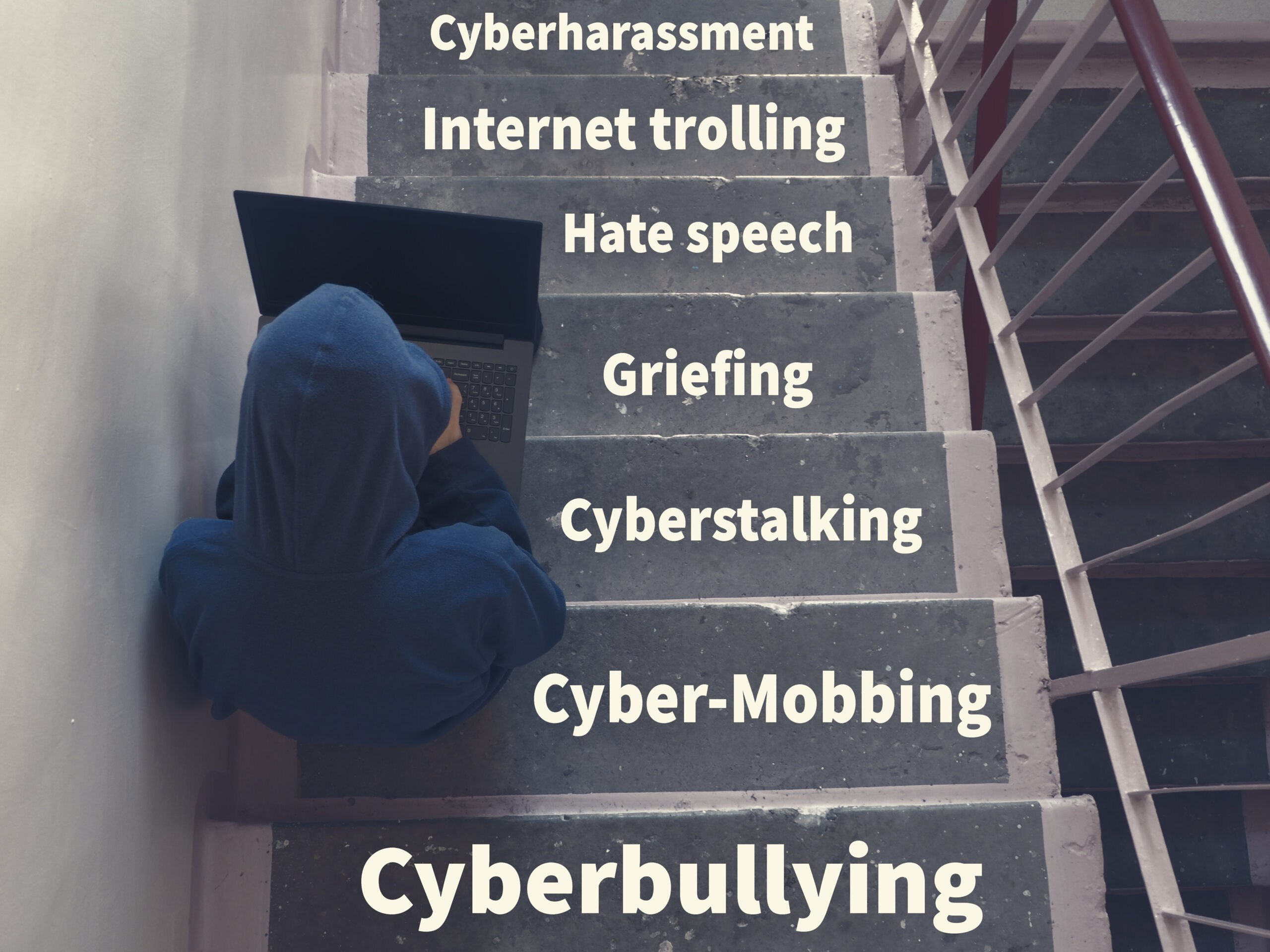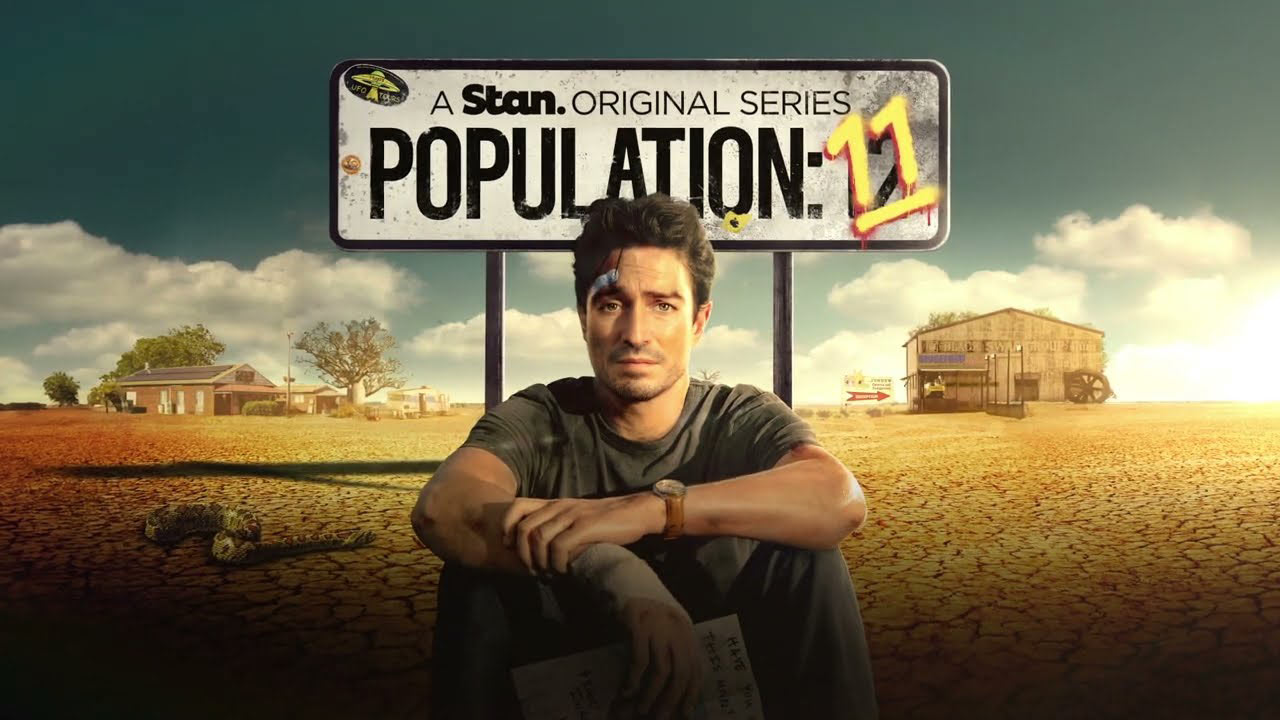Subscribe
The Federal Government is set to introduce legislation requiring social media companies to reveal troll identities
The Social Media (Anti-Trolling) Bill 2022 was debated in the Parliament of Australia but did not pass. As at May 2024, the status of the Bill is “Not Proceeding.”
The information contained in this article is not current law. To learn more, visit the Parliament of Australia website.
In late 2021, the Morrison Government announced that it will introduce a bill designed to make online trolls accountable for their social media use. Touted as a world leading move by the Government, the proposed anti-troll laws in Australia are said to provide some of the strongest powers in the world for tackling damaging comments.
What is online trolling?
Online trolls are anonymous social media users who post inflammatory and derogatory comments in public forums, or on public figures’ pages. Their comments are often intended to provoke an emotional response or manipulate others’ perception.
Why is there a need for anti-troll laws in Australia?
Prime Minister Scott Morrison said that the driving force behind the proposed law was that
Social media can too often be a cowards’ palace, where the anonymous can bully, harass and ruin lives without consequence.
Further, Attorney General Michaelia Cash has said that parts of this legislation are in response to the Voller High Court case, which left open the possibility that individuals and companies are liable for comments on their content.
In introducing new laws, the Government seeks to overrule this suggestion and make clear that Australians who operate or maintain a social media page are not ‘publishers’ of comments made by others. The reforms will instead establish the social media company as the responsible party for any defamatory content.
How will the proposed laws work?
The reforms will give victims of defamatory trolling two methods for identifying and pursuing the perpetrator:
- Global social media platforms like Facebook, Instagram, Twitter and LinkedIn will be required to establish a simple and standardised complaint system for identifying and reporting defamatory content. It will allow the victim to have defamatory comments removed if the troll consents. If a troll refuses consent or the victim nevertheless wants to take further action, the social media company will ask the troll for consent to release their personal details.
- If the troll refuses to consent to the release of their details, the victim can apply for a court order to compel the social media company to release the troll’s details. This allows the victim to pursue a legal action in defamation.
Prime Minister Morrison said that the Government will be looking for test cases that can reinforce these laws, and that the Government is willing to back persons of little means who wish to pursue a defamation claim. Further, the Government is considering establishing a public defender’s office that will be tasked with taking on cases under this legislation.
The legislation is expected to be considered in Parliament early this year.
The final word
The proposed anti-troll laws in Australia are a reminder that if your business operates social media pages or groups, it may be soon liable for defamatory comments made by others. It’s an excellent time to critically evaluate your processes for dealing with social media activity, especially how effectively activity is monitored by your business.
It’s also worth noting that victims of online defamation will have new methods for pursuing recourse under the proposed anti-troll laws. This is in addition to Australia’s already significant defamation regime, as well as other defamation reforms currently being pursued in states and territories.
DISCLAIMER: We accept no responsibility for any action taken after reading this article. It is intended as a guide only and is not a substitute for the expert legal advice you can receive from marshalls+dent+wilmoth and other relevant experts.
Subscribe




